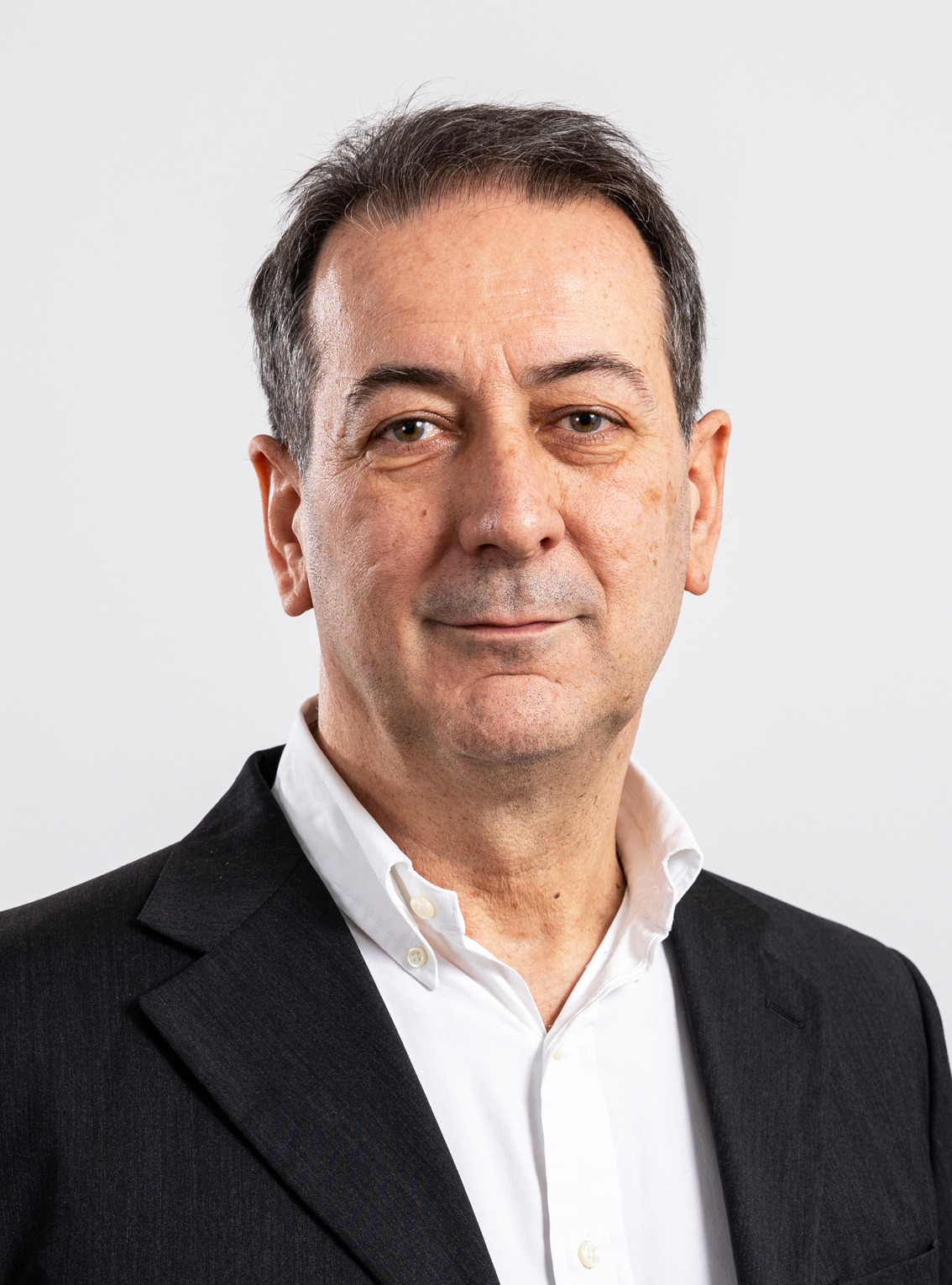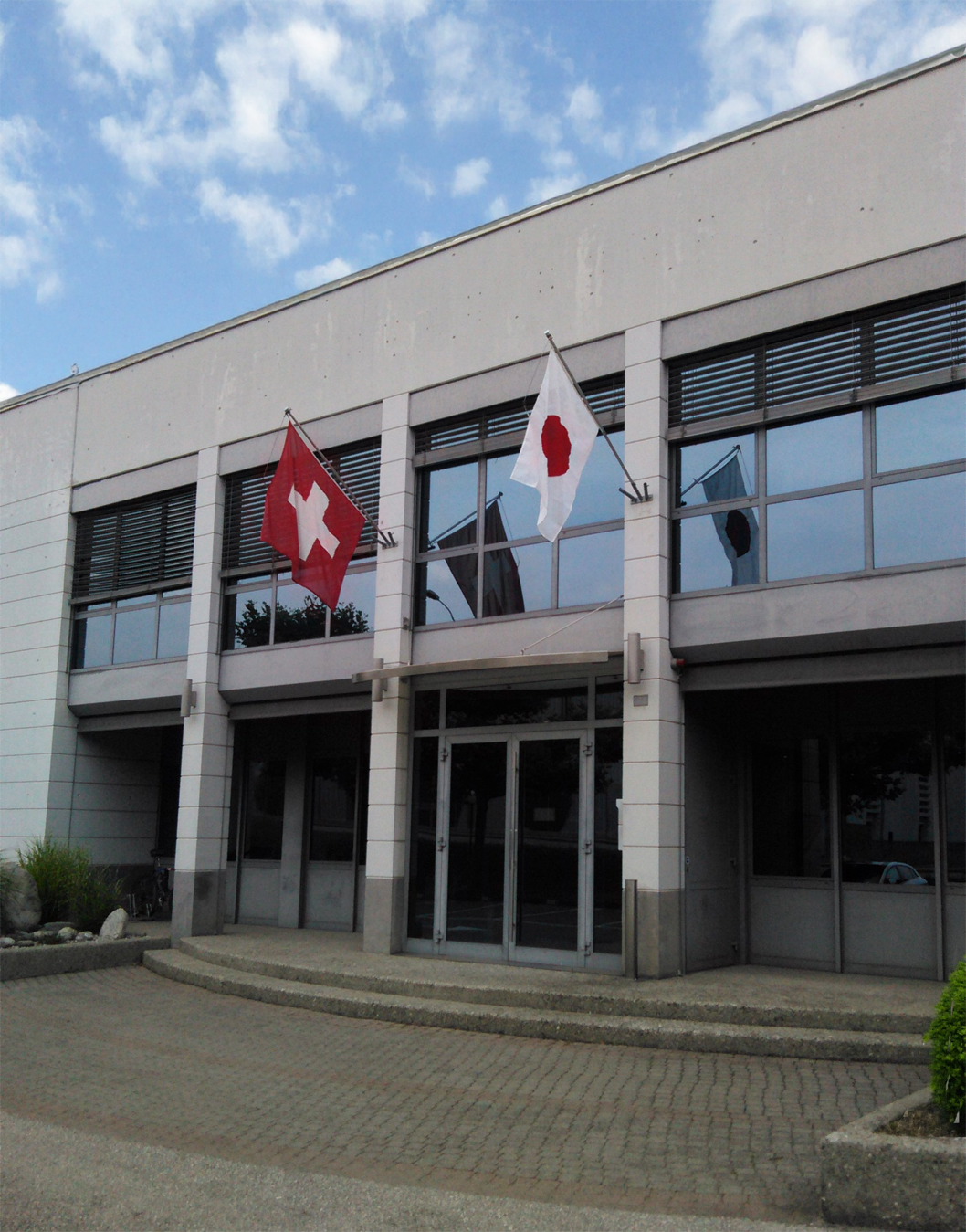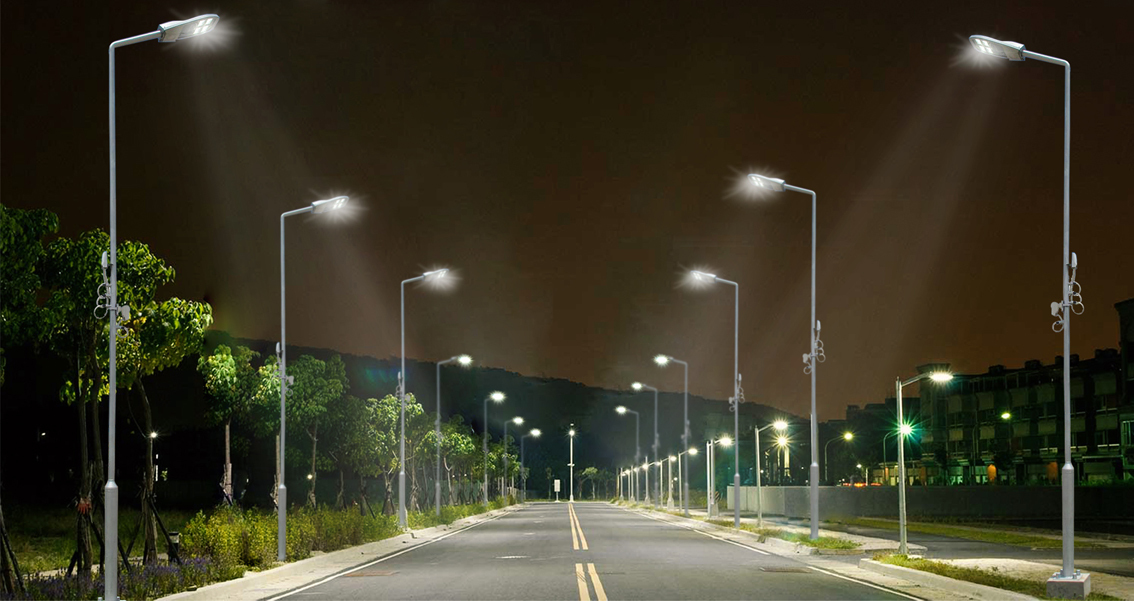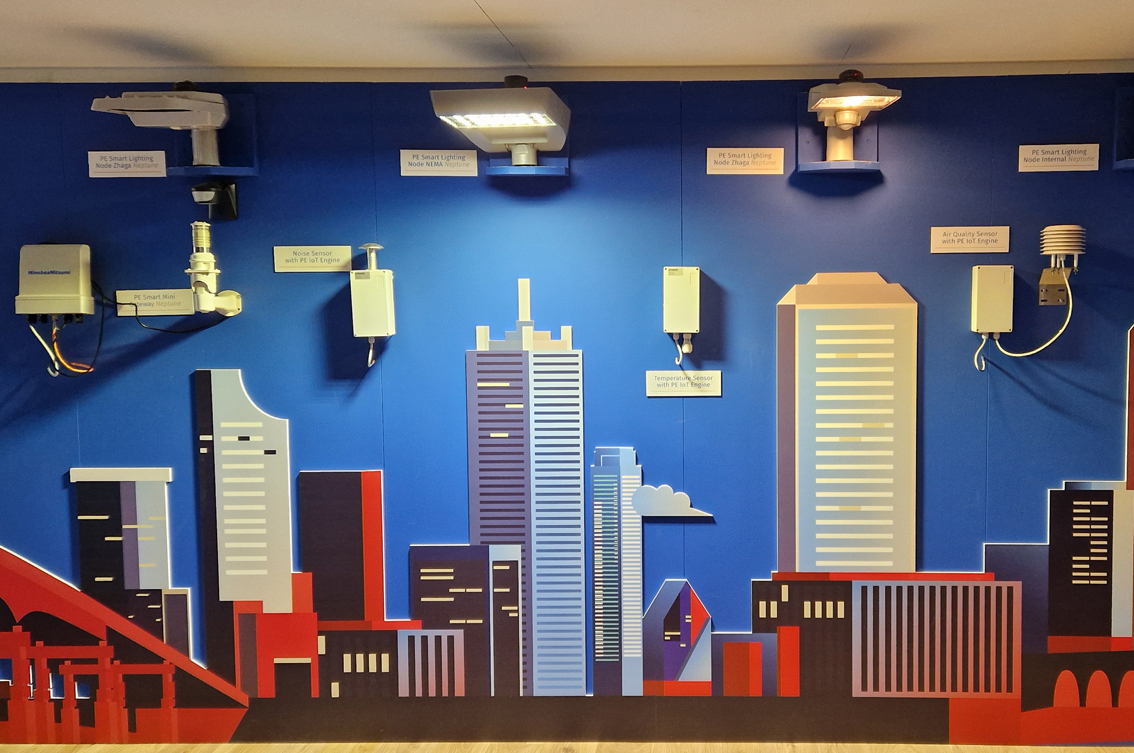Member in Focus: Paradox Engineering
Paradox Engineering is an R&D company based in Switzerland. It was founded in 2005 and became part of the Japanese Group MinebeaMitsumi in 2015. Today it employs around 75 employees. Paradox Engineering has been part of the TALQ Consortium since 2014.
Nicola, what is your role in Paradox?
 Nicola Crespi, CTO
Nicola Crespi, CTO
I work as CTO and R&D Manager at Paradox Engineering SA, the R&D centre for the Japanese Group MinebeaMitsumi.
I have extensive experience in IoT platforms, from device to cloud, and I participated in various alliances and initiatives for standardization.
What is the service offer of your company?
 Paradox Engineering is a technology provider in the IoT that develops full scale solutions, which include hardware components as well as cloud software.
Paradox Engineering is a technology provider in the IoT that develops full scale solutions, which include hardware components as well as cloud software.
Why did your organization join TALQ?
As a technology provider who has always been agnostic to the application, we focus on the development of smart IoT networks supporting different field devices and third-party systems, independently of the maker. Open standards and interoperability have always been part of Paradox Engineering’s technology vision and approach to Smart Cities and Internet of Things.
We believe that a unified data model for open wireless networks will unlock Smart City IoT projects for the good of citizens, communities and industries. And we believe that TALQ can play a pivotal role in promoting and supporting interoperable smart cities’ projects.
What are the biggest challenges for Smart Cities in the next 5 years?
Growing urban population, financial constraints, environmental issues, shortage of resources are only a few of the challenges that cities around the world are facing today and are likely to face in the near future.
Addressing these challenges with the right technologies adds another complexity to the whole picture, as the rapid pace of technological change means that cities must make strategic decisions today about the infrastructure that will support their development for decades to come.

What do you personally like within TALQ?
The clear and consistent direction over time, the active participation of the members and staff, which has enabled TALQ to become a standard interface for smart city device networks, globally accepted.
Your favourite TALQ function or profile?
The next one to arrive, I'm sure I'll like it.
Your favourite TALQ moment?
My favorite moment is the TALQ plugfest because it allows me to connect with other members and exchange ideas, contribute to improving the testing and certification environment, and, above all, verify my implementation integrated with others.


